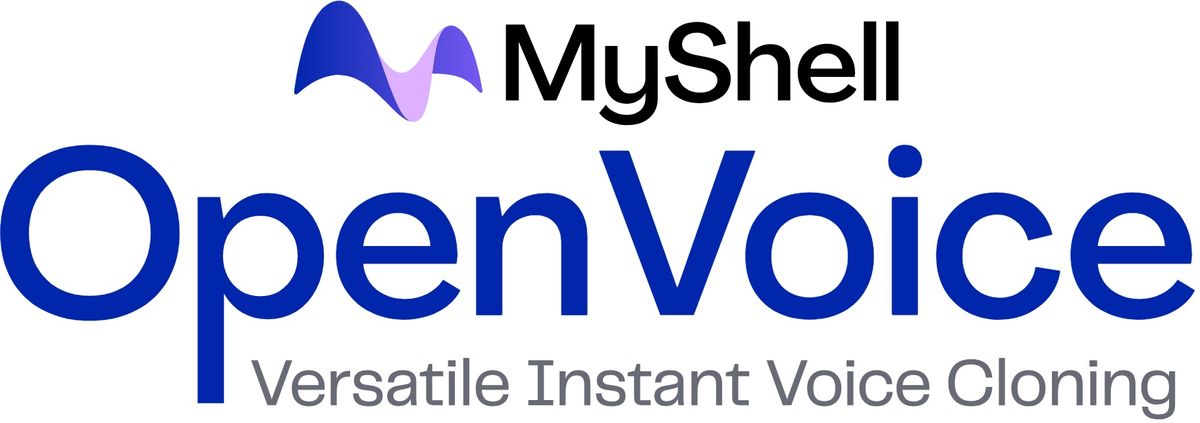OpenVoice Unveiled: Open-Source Instant Voice Cloning AI
To foster further advancements in the field, the researchers have made OpenVoice's source code and model weights publicly available.

A collaboration between AI researchers from MIT, Tsinghua University, and Canadian startup MyShell has resulted in OpenVoice, an innovative open-source voice cloning technology that promises groundbreaking versatility and near-instantaneous voice replication.
This cutting-edge tool, OpenVoice, boasts the capability to accurately clone voices with exceptional precision and grants users' extensive control over various voice parameters. By requiring only, a short audio sample from a target speaker, OpenVoice replicates the speaker's distinct vocal traits and generates natural-sounding speech across multiple languages, offering meticulous control over emotions, accents, rhythm, pauses, and intonation.
The advantages of OpenVoice are outlined in three key areas:
- Accurate Tone Color Cloning: OpenVoice accurately clones tone color from a reference speaker and generates speech across different languages and accents.
- Flexible Voice Style Control: Providing fine-grained control over voice styles, including emotions, accents, rhythm, pauses, and intonation, OpenVoice offers an unparalleled level of customization in voice manipulation.
- Zero-Shot Cross-Lingual Cloning: OpenVoice's unique ability to clone voices and generate speech in languages absent from its training data marks a significant advancement in voice cloning technology.
Notably, OpenVoice's architecture uses a base speaker text-to-speech (TTS) model and a separate tone color converter, enabling precise matching of the reference speaker's tone while preserving other defined voice qualities. This decoupling of voice cloning elements allows for unprecedented flexibility in manipulating voice styles, overcoming limitations seen in prior voice cloning methods.

Under the hood, OpenVoice employs normalizing flows and international phonetic alphabet phoneme labels to achieve cross-lingual transferability and encourages language-agnostic intermediate representations, contributing to its success in zero-shot voice cloning for new languages.
The potential applications of OpenVoice span various industries, from improving media content creation to transforming interactive AI interfaces and chatbots. MyShell, the Canadian startup behind the project, reports tens of millions of user instances utilizing OpenVoice in 2023, indicating its practical applicability.
As OpenVoice continues to evolve, it presents a revolutionary tool that, when wielded ethically and securely, could redefine the landscape of voice-based AI applications and content creation.




